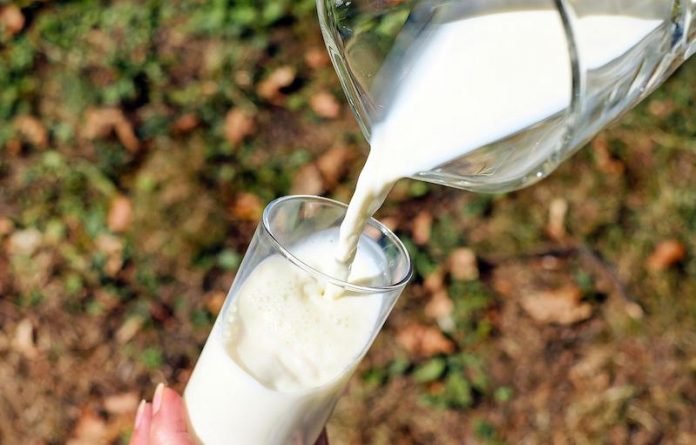
Kidney stones can cause not only excruciating pain but also are associated with chronic kidney disease, osteoporosis, and heart disease.
Scientists from Mayo Clinic found diets higher in calcium and potassium may help prevent recurrent symptomatic kidney stones.
The research is published in Mayo Clinic Proceedings and was conducted by Andrew Rule et al.
Changes in diet are often prescribed to prevent recurrent symptomatic kidney stones.
However, little research is available regarding dietary changes for those who have one incident of kidney stone formation versus those who have recurrent incidents.
In the study, researchers designed a prospective study to investigate the impact of dietary changes.
They found that enriching diets with foods high in calcium and potassium may prevent recurrent symptomatic kidney stones.
The team examined 411 patients who had experienced first-time symptomatic kidney stones and a control group of 384 people.
They found that lower dietary calcium and potassium, as well as lower intake of fluids, caffeine and phytate, are linked to higher odds of experiencing a first-time symptomatic kidney stone.
Among the patients who had first-time stone formation, 73 experienced recurrent stones within a median of 4.1 years of follow-up.
Further analysis found that lower levels of dietary calcium and potassium predicted recurrence.
These findings may have particular importance because recommendations for preventing kidney stones have been based primarily on dietary factors associated with first-time rather than recurrent stone formation.
The team also found fluid intake of fewer than 3,400 milliliters per day, or about nine 12-ounce glasses, is associated with first-time stone formation, along with caffeine intake and phytate.
Low fluid and caffeine intake can result in low urine volume and increased urine concentration, contributing to stone formation.
Phytate is an antioxidant compound found in whole grains, nuts and other foods that can lead to increased calcium absorption and urinary calcium excretion.
Low dietary calcium and potassium were more important predictors than fluid intake of recurrent kidney stone formation.
The team concludes that diets with a daily intake of 1,200 milligrams of calcium may help prevent first-time and recurrent kidney stones.
If you care about kidney health, please read studies about kidney cancer: 5 things you need to know, and this drug duo that may treat kidney failure.
For more information about kidney disease, please see recent studies about common eating habits that may harm your kidney health, and results showing why processed foods trigger chronic kidney disease.
Copyright © 2022 Knowridge Science Report. All rights reserved.



